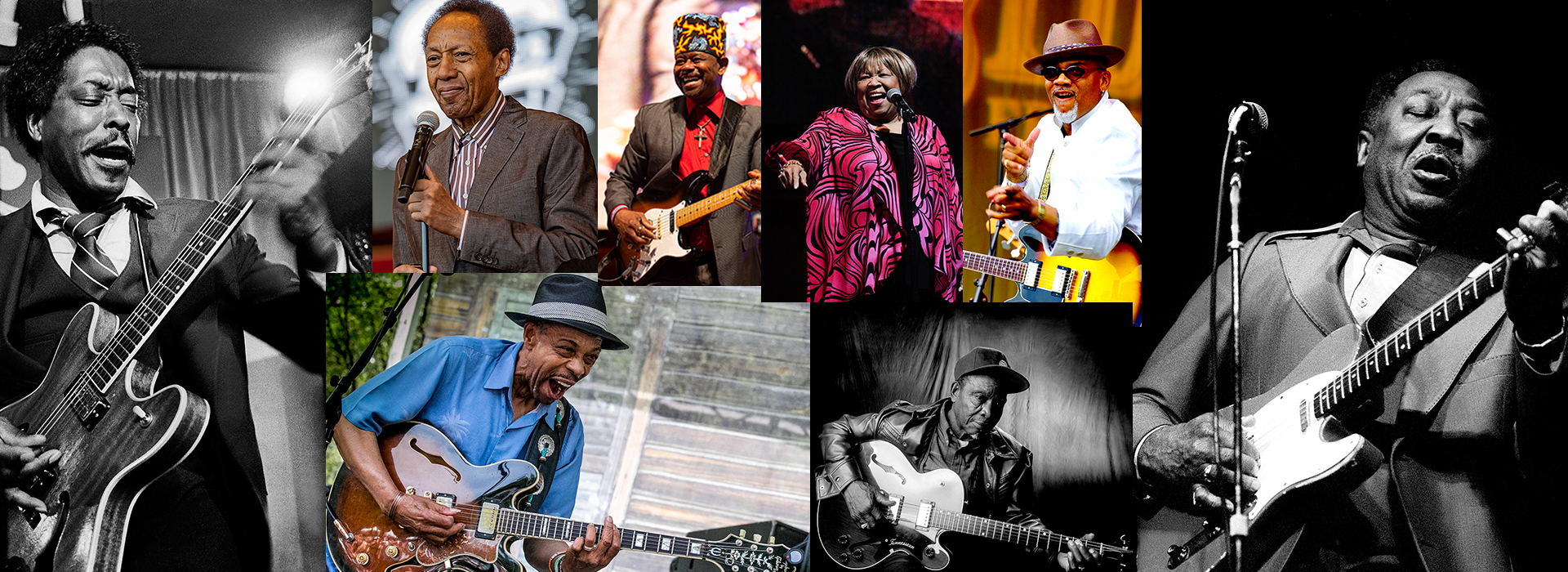
History
In the early 20th century, there was a period in history called the Great Migration, When African American people from the south moved north looking for improved living conditions and better jobs in the industrialized North. Many settled in the upper Midwest (Chicago, Detroit) and after work each day gathered in small clubs to play the music they brought with them from the south (Blues) Soon the blues changed from a country music to an urban music, with the addition of drums, bass and amplified electric guitars.
With the post war economy booking after World Ear 2, the factories of the north could not find enough people to man their assembly lines, so jobs were plentiful. Muddy Waters and Little Walter, among many moved to Chicago from Mississippi and pioneered electric blues. (Also from Mississippi, John Lee Hooker moved to Detroit and BB King, moved to Memphis to do the same, although they played oftern in Chicago. A thriving recording industry grew around them, and their music was pushed out to the world, making Chicago the “Home of the Blues.’
Legend has it that Mick Jagger saw Keith Richards on a commuter train platform in London with several Chess Records blues albums under his arm, and a friendship developed, which led to the formation of the Rolling Stones.
Most of the great American blues record companies started in Chicago in the 1970’s, including Delmark, Alligator, Blind Pig and Earwig. Delmark is known for producing two of the greatest albums ever recorded in the Blues genre: West Sid Soul by Magic Sam and Hoodoo Man Blues by Junior Wells, along with several recordings of JB Hutto. Alligator is known for discovering and recording Hound Dog Taylor, and furthering the careers of Koko Taylor, Son Seals, Shemika Copeland and Little Ed and the Blues Imperials, along with recording the classic “Guitar Slinger” featuring Johnny Copeland, Albert Collins and a young and relatively unknown Robert Cray.
The Chicago Blues Festival started in June of 1984. Programmed by the City of Chicago Department of Special Events and Cultural Affairs, it brings the best of blues talent to the downtown of Chicago for a three day celebration of the classic American art form known as blues.
Today the blues stands firmly on the shoulders of all these legends, and continues to have worldwide impact
